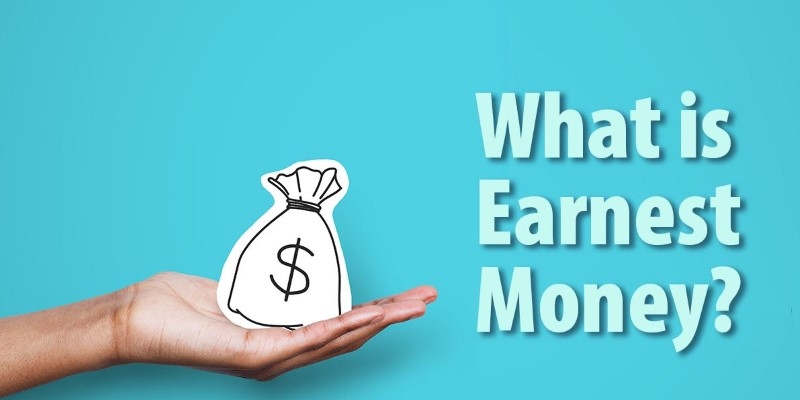When that tax refund check finally arrives, it feels like a mini financial windfall. Whether it's a small sum or a substantial amount, your tax refund can be a valuable resource if you use it wisely. In this article, we'll show you five practical ways to make the most of your tax refund, from building your savings to planning for the future.
How to Make the Most of Your Tax Refund?
After eagerly anticipating your tax refund, it's crucial to know how to make the most of this financial boost. Below, we'll explore five practical ways to maximize your tax refund, ensuring it benefits your financial well-being. From tackling debt to planning for the future, we've got you covered.
1. Pay Off High-Interest Debt
Before you splurge on a shopping spree or an extravagant vacation, consider tackling high-interest debt first. It might not be the most exciting way to spend your refund, but it's one of the most financially savvy decisions you can make. High interest rates are typically associated with credit card debt, personal loans, and payday loans, which can significantly erode your financial stability.
Here's how to do it:
List Your Debts: Start by making a list of all your outstanding debts, including the total amount owed and the interest rates. This will give you a clear picture of your financial obligations.
Prioritize: Focus on paying off the debts with the highest interest rates first. These are the ones costing you the most money over time.
Make Extra Payments: Use your tax refund to make extra payments towards your high-interest debts. This can significantly reduce the interest you'll pay in the long run.
By reducing or eliminating high-interest debt, you'll free up more of your income for other financial goals and avoid wasting money on interest payments.
2. Boost Your Emergency fund

An emergency fund is like a financial safety net, providing peace of mind when unexpected expenses arise. If you don't already have one, or if your fund needs a boost, consider using your tax refund to pad it.
Here's how to get started:
Set a Goal: Aim to save at least three to six months' worth of living expenses. This will cover you in case of job loss, medical emergencies, or unexpected home repairs.
Open a Dedicated Account: To prevent yourself from dipping into your emergency fund for non-emergencies, consider opening a separate savings account.
Automate Your Savings: Set up automatic transfers from your checking account to your emergency fund. This way, you're consistently building your financial safety net.
Your tax refund can provide a substantial injection of funds into your emergency savings, giving you greater financial stability and peace of mind.
3. Invest for the Future
Investing in your tax refund can help it grow over time, potentially leading to substantial gains down the road. While investing always carries some degree of risk, it's a powerful way to build wealth.
Here's how to get started with investing your tax refund:
Diversify Your Investments: Consider a mix of stocks, bonds, and other assets to spread risk. Mutual funds or exchange-traded funds (ETFs) can provide diversification with less effort.
Use Tax-Advantaged Accounts: If you qualify, consider contributing to retirement accounts such as a 401(k) or IRA. These accounts provide tax advantages and can play a vital role in securing your financial future.
Seek Professional Advice: If you're just starting in the world of investing, it's a good idea to seek advice from a financial advisor. They can assist you in making informed choices that are in line with your financial objectives and risk tolerance.
Investing your tax refund wisely can lead to substantial long-term gains and put you on the path to financial security.
4. Home Improvements or Repairs

If you're a homeowner, using your tax refund for home improvements or repairs can be a wise investment. A well-maintained home not only increases its value but also enhances your living experience.
Here's how to approach it:
Prioritize Projects: Identify key repairs and improvements that will not only increase the value of your home but also enhance your everyday living comfort.
Get Multiple Quotes: When you're in the process of hiring contractors, make sure to obtain multiple quotes to ensure that you're receiving a reasonable price for the services you need.
Consider Energy Efficiency: Investing in energy-efficient enhancements, like enhancing insulation or switching to energy-saving appliances, can result in lasting reductions in your utility expenses.
Using your tax refund to invest in your home can pay off in increased property value and improved comfort.
5. Education and Skill Enhancement
Investing in yourself is one of the best ways to secure your financial future. Whether you want to advance in your current career or explore new opportunities, using your tax refund for education and skill enhancement can be a smart move.
Here's how to approach it:
Identify Your Goals: Determine what skills or knowledge will help you achieve your career objectives. It could be a course, certification, or even a degree program.
Research Options: Look for educational institutions or online courses that offer the training you need. Be sure to read reviews and compare costs.
Plan for the Long Term: Consider how your investment in education will benefit your earning potential and career advancement in the long run.
By using your tax refund to invest in your education, you're increasing your value in the job market and potentially boosting your income over time.
Conclusion
In conclusion, your tax refund presents an excellent opportunity to improve your financial situation and plan for the future. Whether you choose to pay off high-interest debt, boost your emergency fund, invest for the future, make home improvements, or invest in your education, each option can bring you closer to your financial goals.




